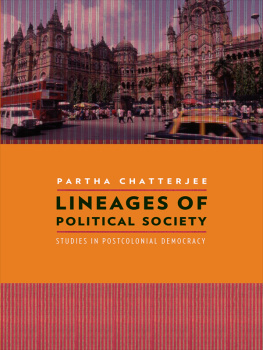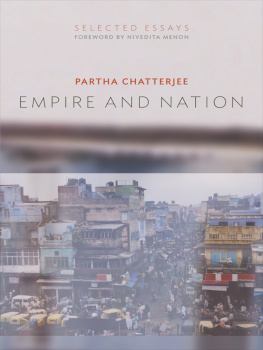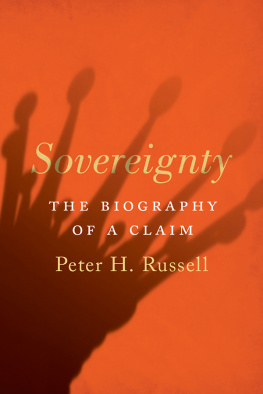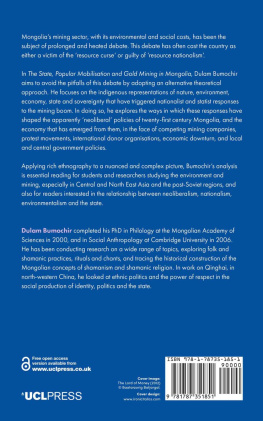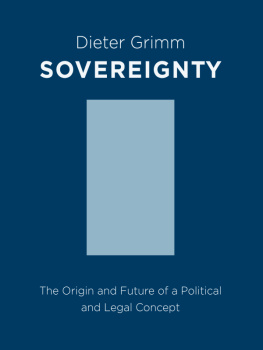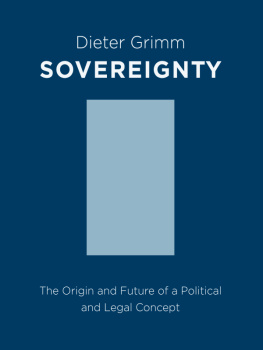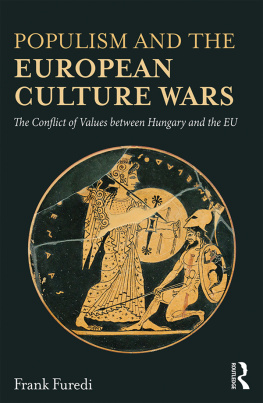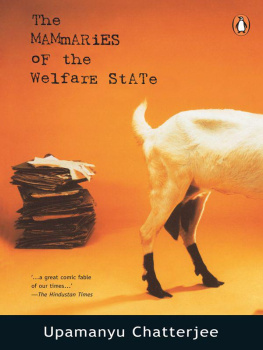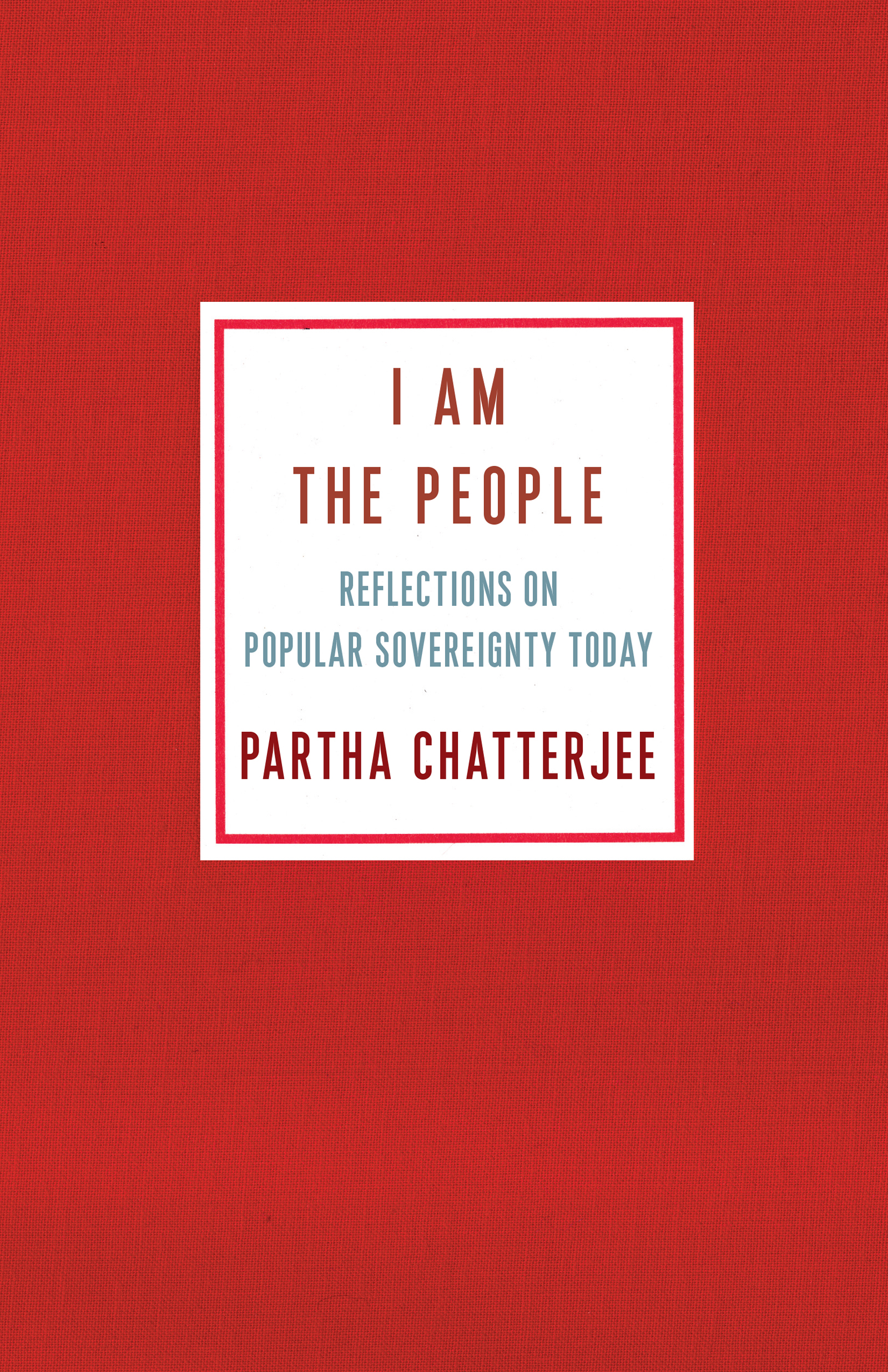Contents
Guide
Pagebreaks of the print version
I AM THE PEOPLE
RUTH BENEDICT BOOK SERIES
Edited by David Scott and Elizabeth A. Povinelli
Named after one of the founders of American anthropology and the Columbia Department of Anthropology, the Ruth Benedict Book Series is inspired by Benedicts passionate engagement with the critical political, aesthetic, and theoretical problems of the twentieth century but places them in the global conditions of the twenty-first. Contributions to the series explore contemporary critical thought in politics and aesthetics through a deep knowledge of the global condition in specific localities and regions. The scope of the series is capaciously theoretical and determinately international with special emphasis on settler-colonial, postcolonial, and capitalist regimes. The books present crisp interventions in a multiplicity of disciplines, but are also statements whose reckoning cuts across the critical humanistic and social sciences.
Secular Translations: Nation-State, Modern Self, and Calculative Reason , Talal Asad
I AM THE PEOPLE
REFLECTIONS ON POPULAR SOVEREIGNTY TODAY
PARTHA CHATTERJEE
COLUMBIA UNIVERSITY PRESS New York

COLUMBIA UNIVERSITY PRESS
Publishers Since 1893
New York Chichester, West Sussex
cup.columbia.edu
Copyright 2020 Columbia University Press
All rights reserved
E-ISBN 978-0-231-55135-9
Library of Congress Cataloging-in-Publication Data
Names: Caopdhya, Prtha, author.
Title: I am the people : reflections on popular sovereignty today / Partha Chatterjee.
Description: New York : Columbia University Press, [2020] | Series: Ruth benedict book series | Includes bibliographical references and index.
Identifiers: LCCN 2019028666 (print) | LCCN 2019028667 (e-book) | ISBN 9780231195485 (hardback) | ISBN 9780231195492 (trade paperback)
Subjects: LCSH: Populism. | Liberalism. | Democracy. | Legitimacy of governments. | Sovereignty. | World politics1989
Classification: LCC JC423 .C366 2020 (print) | LCC JC423 (e-book) | DDC 320.56/62dc23
LC record available at https://lccn.loc.gov/2019028666
LC e-book record available at https://lccn.loc.gov/2019028667
A Columbia University Press E-book.
CUP would be pleased to hear about your reading experience with this e-book at .
Cover design: Chang Jae Lee
In memory of Arup Mallik (19442017)
CONTENTS
T here is much discussion these days in the academy and in public forums on the threats that have suddenly appeared before Western liberal democracies. Since the end of World War II, these countries had enjoyed an unprecedented and unbroken spell of economic prosperity, social peace, and political legitimacy. Why is it that in the United States, Britain, and virtually every country in western Europe there is today, on the one hand, the rise of populist movements, authoritarian leaders, and a visible fragility of liberal institutions and, on the other, the failure of established political parties and representative governments to build consensus and maintain the legitimacy of the prevailing order? To many, the present situation has revived memories of the turmoil that ran through Europe in the period between the two world wars, ultimately plunging the whole world into the deadliest war in human history. Not surprisingly, there is urgent and deep concern in intellectual circles today on what should be done to preserve democratic institutions and liberal values from yet another menacing onslaught.
This book, based on the Ruth Benedict Lectures delivered at Columbia University in April 2018, points out the narrow provincialism of these discussions. Even though there is an awareness that advances made toward strengthening democratic institutions and practices in many parts of the world in the last decades of the twentieth century are now being reversed before our very eyes, the overwhelming theoretical concern seems to be with a set of pure and paradigmatic principles that are believed to be the hallmark of liberal representative democracy. This theoretical orthodoxy goes hand in hand with a less openly acknowledged prejudice that true democracy is the creation of Western civilization and that anything that goes by that name elsewhere, though it is always to be welcomed, is necessarily flawed or fake.
This book argues that, on the contrary, various features that are characteristic of democracies in Africa or Asia are now being seen in Europe and the United States because of underlying structural relations that have long tied metropolitan centers to their colonial and postcolonial peripheries. Historians are now showing, for instance, that the phenomenon of liberalism at home, autocracy in the colonies that long characterized European imperial politics was not a temporal lag to be ultimately corrected by the progress of some Whiggish clock of history. Rather, it was a necessary feature of liberalism itselfthat is to say, liberal representative government at home required that there be authoritarian rule by expert bureaucrats in the colonies. Following the end of the old empires after World War II, a different set of structural conditions has emerged to tie together some two hundred formally sovereign nation-states in a new global order. This order is now characterized by networks of financial capital centralized in the United States and western Europe; giant U.S. technology corporations (now feebly challenged by one or two Chinese companies); the relocation of manufacturing industries in the emerging economies of Asia and Latin America; the rise of China as an economic superpower; expanded international migration of laborers and refugees; and the waning of American economic influence alongside its unique status as the overwhelming military superpower. These changes, among others, have revealed in Western liberal democracies certain aspects of popular sovereignty that were hidden in its earlier history.
Contemporary populism in Europe and the United States will be much better understood if we turn our attention to its longer history in other parts of the world. Current academic studies of populism arose in the 1970s out of the analysis of Peronism in Argentina. Ernesto Laclau, in particular, attempted to show that, far from being a pathological infection threatening to destroy democracy, populism had its own rationality that was entirely consistent with democracy. Laclaus analysis led to much controversy, but it at least seemed to raise the debate beyond a sterile regurgitation of the age-old dogma of liberalism. Yet we now see that the predominant response to the so-called populist threat is an urgent call to defend existing institutions of government and law from the mindless assault of ignorant and resentful masses. Must democracy be saved by excising the people from it?
These lectures place the contemporary problems of democracy within a theoretically informed history of the universalization of the modern state on the grounds of popular sovereignty. Connected to this history is the coming to dominance of the bourgeoisie in the countries of North America and western Europe, the spread of European colonial rule in Africa and Asia, the rise of nationalism in the colonial world, the end of the European empires, the foundation of the welfare state and its subsequent slide into neoliberalism in the capitalist West, and the messy struggles with nation building and economic transformation in postcolonial countries. To carry out this gigantic analysis within the space of three lectures was an impossibly ambitious task. Fortunately, I was able to ride on the back of the theoretical work accomplished by Laclau, as well as his critics, and through that analytical window to explore the enormously rich historical and theoretical treasures in Antonio Gramscis notebooks and Michel Foucaults lectures. I believe these were two of the greatest critics of capitalist democracy who nonetheless took liberalism with utmost seriousness. I have let them do much of the theoretical work for me.


